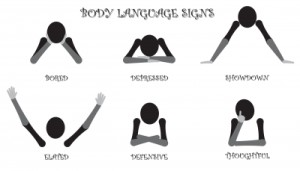You do have an IT that is distinct. You have a value above all other candidates. But does the hiring company know what IT is? Better yet, do you know what IT is? And do you know why IT’s essential that you know what IT is and why you should use IT as a job searcher?
The answer to these questions is simple. The IT is your Unique Selling Proposition (USP). Your USP is what sets you apart from all the other candidates; what you do to make the company money or save money. The USP is used in networking, resumes, cover letters, and interviews to show how you can solve a problem the company is trying to solve in a way that no one else can.
The USP is a statement that summarizes what you have done and the value that resulted. For example, “Accomplished retail manager honored for training associates in customer service excellence resulting in high conversions of shoppers to purchasers and repeat customers. Received Superior Customer Service Award five out of six years eligible and Highest Sales Award each quarter. Increased store revenues 100% in six years.” This statement is more powerful than simply stating retail manager with six years’ experience.
Mentioning this fact at a networking event will be remembered for sure. Using this statement on your résumé above the fold will certainly encourage the reader to continue reading the résumé instead of putting in the “no” pile. The interviewer hearing such a statement will want to learn more about how you did this and how you can do this for their organization.
And the formula is simple. Your title + expertise you have + the results = your USP. The competitive edge you need to get the job over the other candidates. To find your skill, look at your accomplishments for similarities. Do you see patterns emerging? Places where you used the same techniques to achieve the desired results. If you do, you have found your expertise.
Standing apart from the highly qualified candidates makes the difference between being the winner and one of the also ran. Whether it’s a hard or soft skill, you have a something no one else has. You can contribute to an organization in the way only you can. Once you find it, use it to advertise and promote yourself to success.
image: freedigitalphotos.net Stuart Miles.






